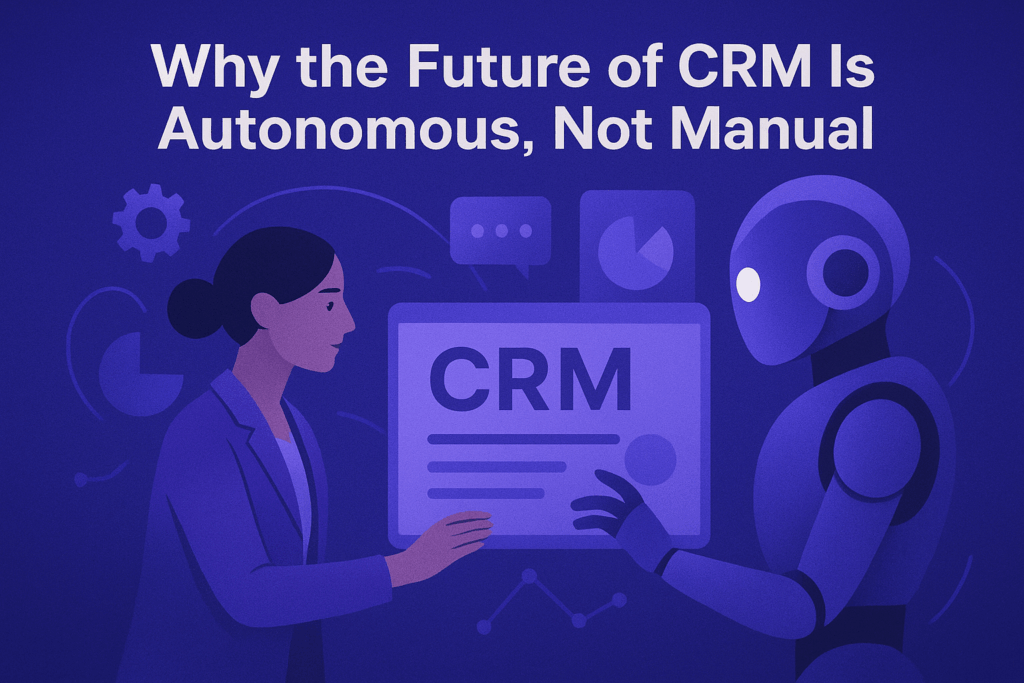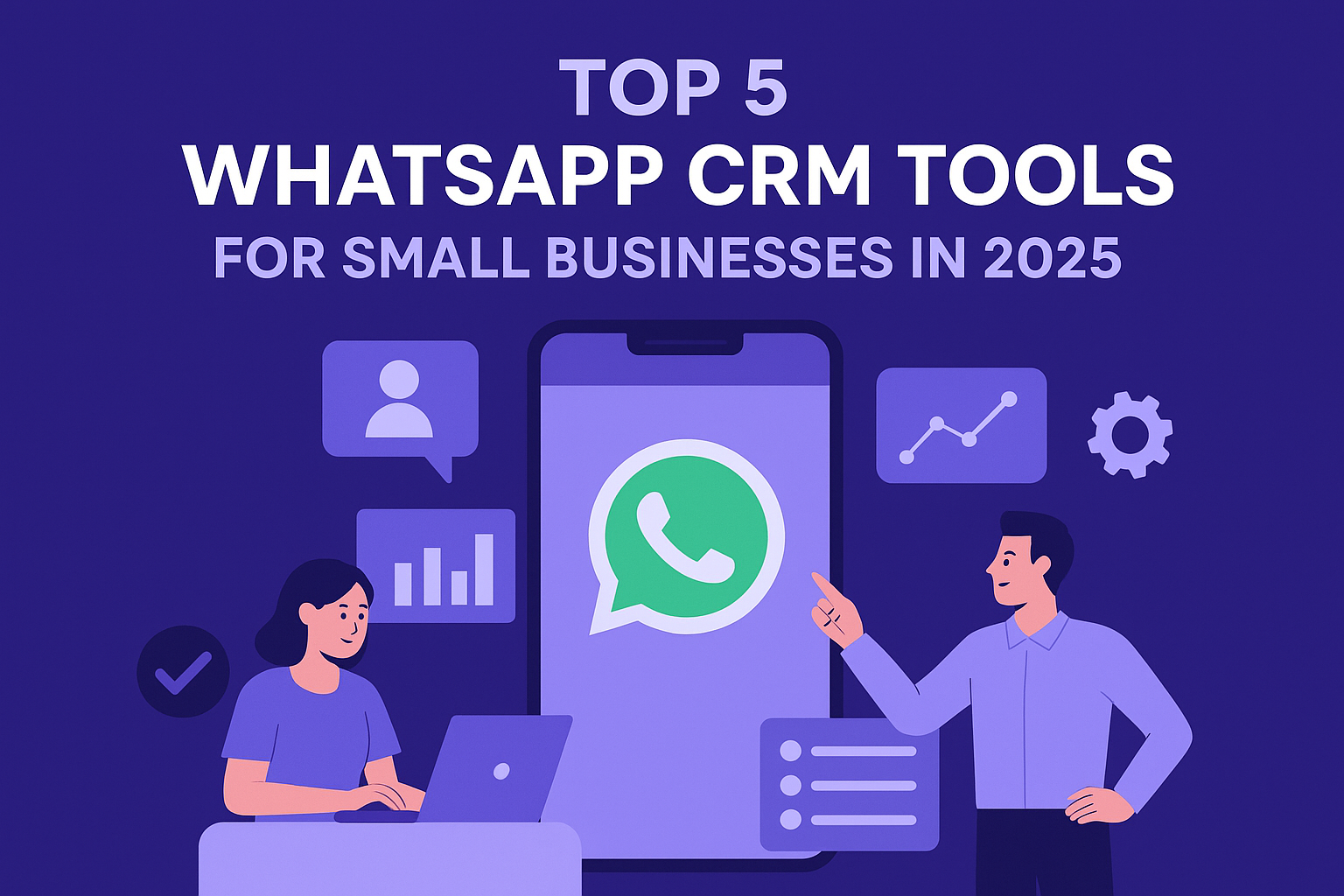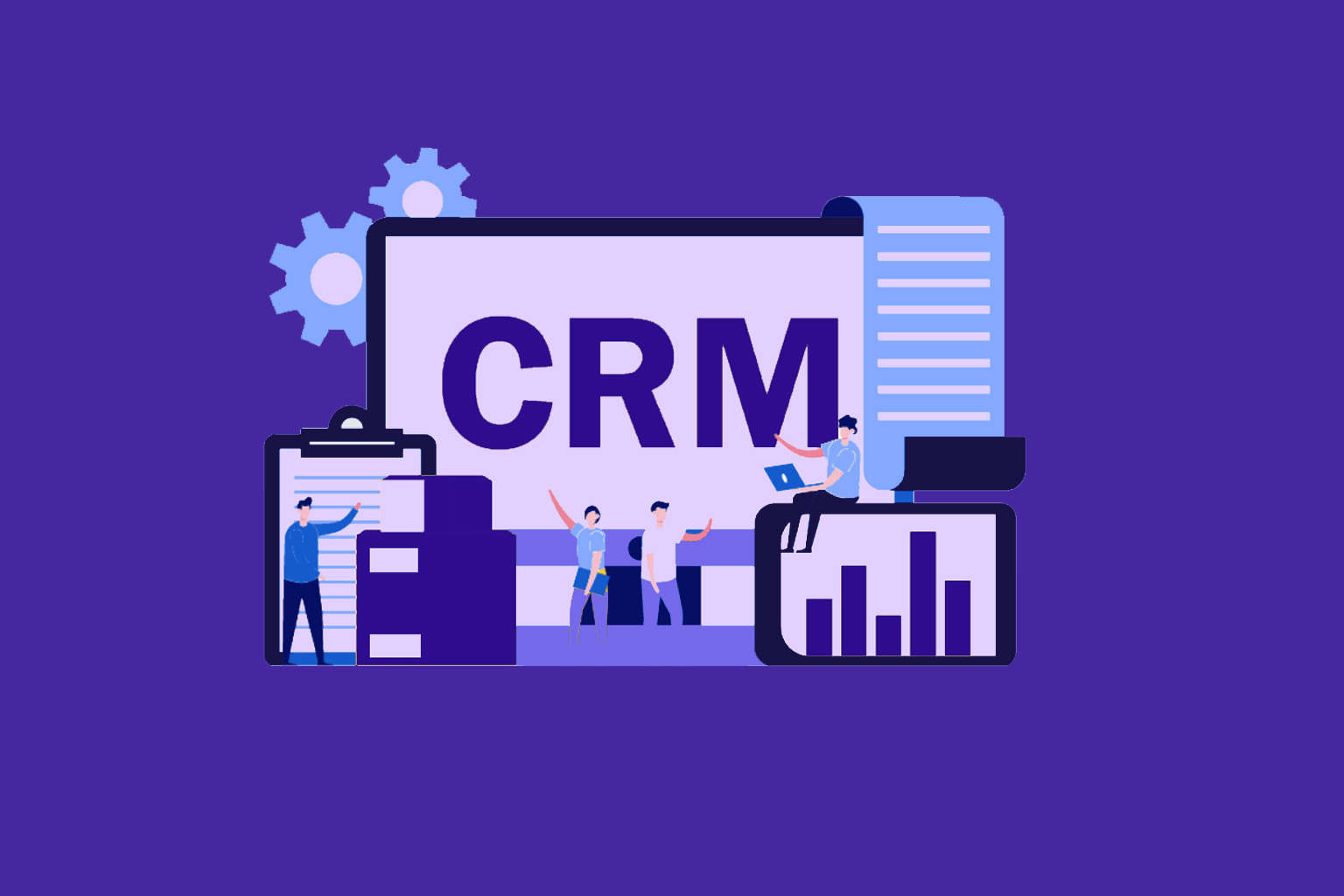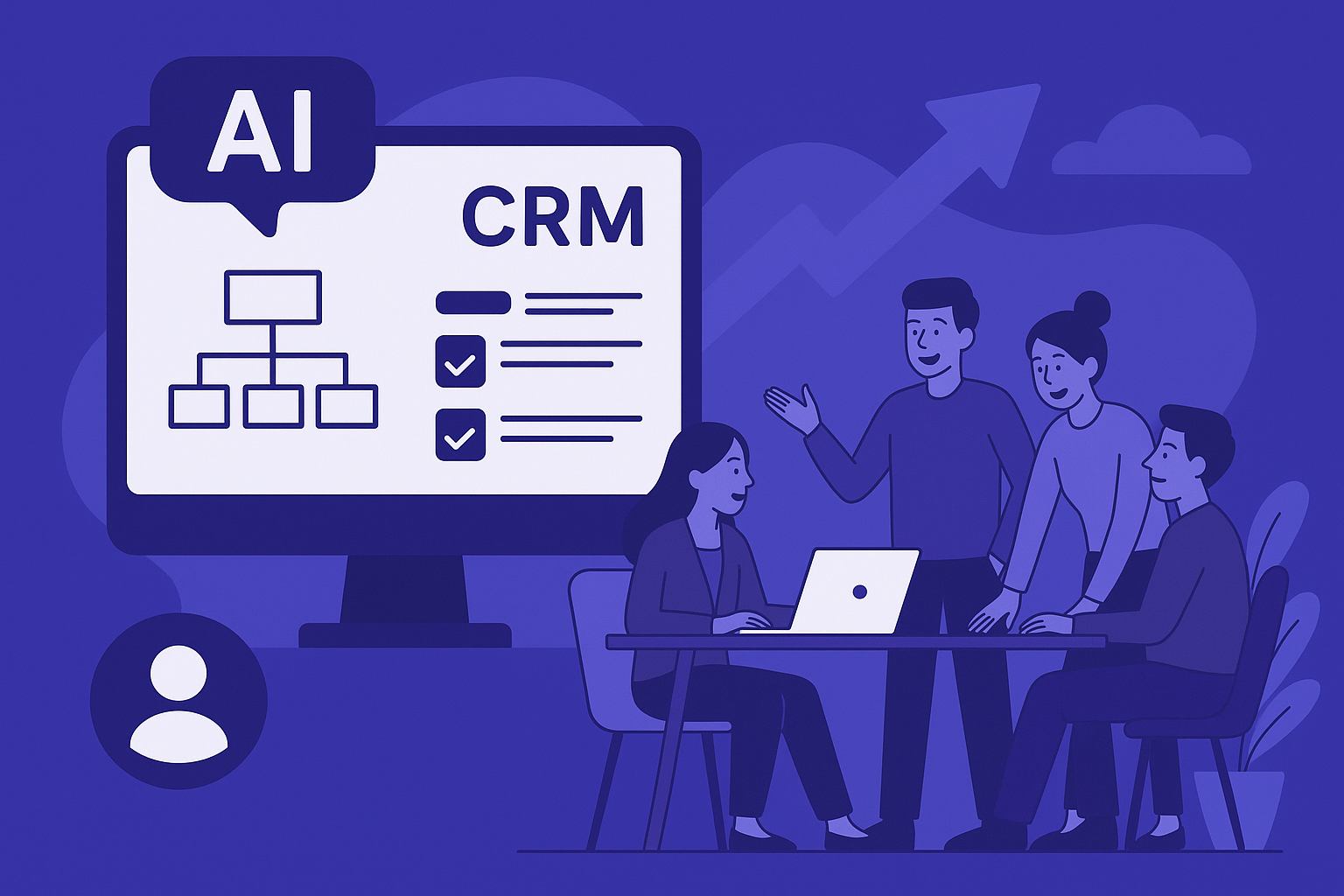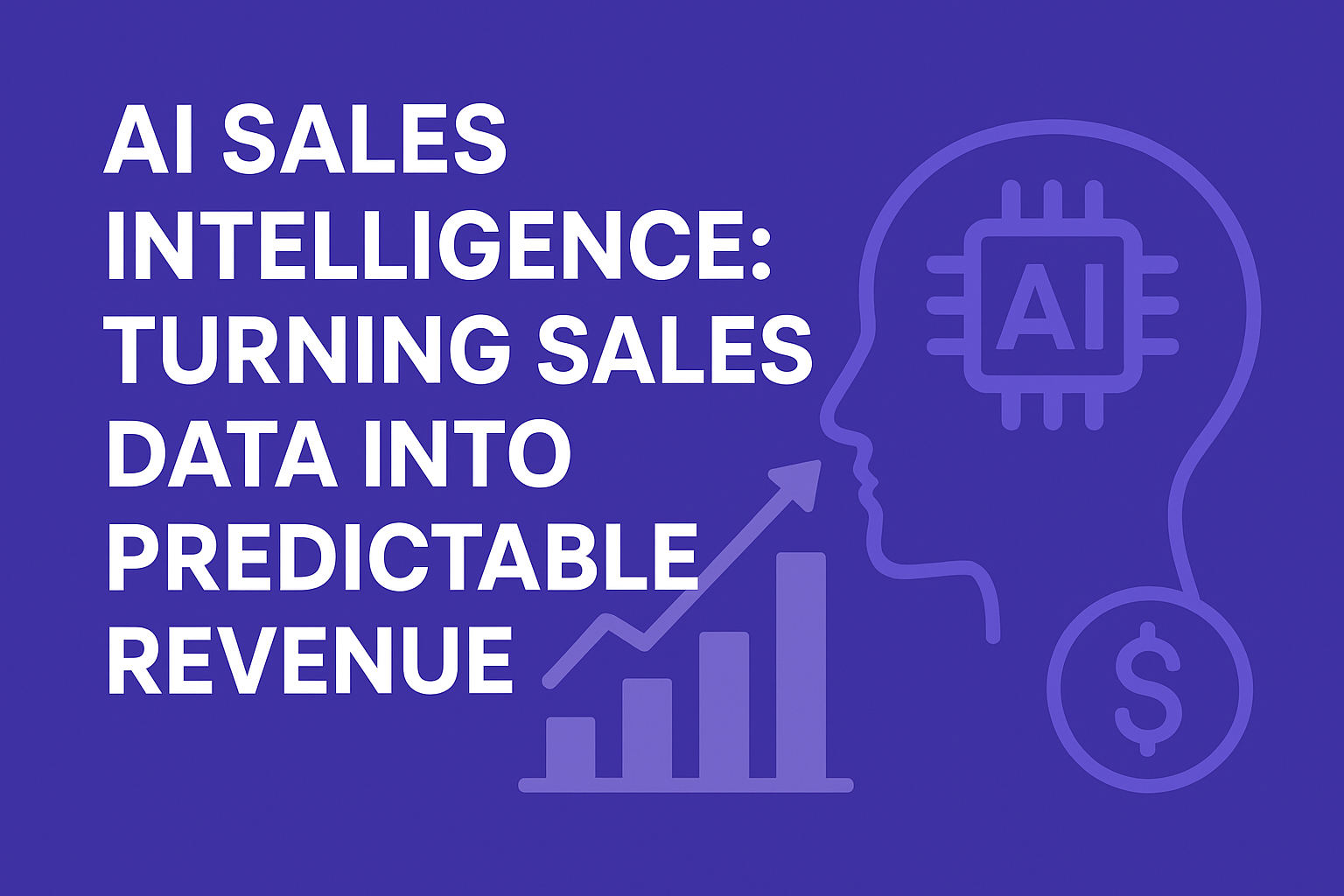In today’s competitive business landscape, managing customer relationships efficiently is no longer optional it’s essential. For years, businesses have relied on CRM software and sales CRM platforms to track leads, manage contacts, and monitor pipelines. However, the traditional, manual approach to CRM is quickly becoming obsolete. The future belongs to autonomous CRM AI-driven systems designed to reduce manual work, boost sales productivity, and deliver actionable insights in real time.
This article explores why businesses are shifting from conventional CRM platforms to AI-native CRM solutions and why adopting an autonomous system is critical for future growth.
The Limitations of Traditional CRM Software
While CRM software has been foundational for businesses, it comes with notable limitations that hinder efficiency and sales performance:
- Manual Data Entry
Teams spend hours inputting leads, updating contacts, and tracking deals. This tedious process is prone to errors and reduces time spent on closing deals. - Limited Automation
Traditional sales CRM platforms require manual management for tasks like lead prioritization, follow-ups, and pipeline updates. This slows down the sales cycle. - Reactive Insights
Conventional CRMs provide dashboards and reports, but these insights are static. They do not proactively guide your team toward high-value opportunities. - Fragmented Workflows
Without integration, CRM software often operates in isolation, forcing teams to switch between tools, leading to inefficiency and data inconsistencies.
These limitations highlight the need for a smarter approach—one that combines the reliability of traditional CRM with intelligent automation.
What Makes Autonomous CRM the Future
Autonomous CRM systems represent the next generation of customer relationship management. Unlike manual CRM platforms, autonomous systems leverage AI and machine learning to handle repetitive tasks, provide predictive insights, and optimize sales workflows.
Key features include:
- AI-Powered Lead Scoring
Autonomous CRM platforms automatically analyze leads based on historical behavior, engagement patterns, and conversion probability. This ensures your sales team focuses on the most promising prospects. - Automated Workflows
Tasks such as follow-up emails, meeting scheduling, and pipeline updates are handled automatically, reducing human error and boosting team productivity. - Predictive Analytics
AI-native CRM systems forecast sales, highlight potential bottlenecks, and suggest actionable strategies, helping businesses stay proactive rather than reactive. - Personalized Customer Engagement
By analyzing customer behavior in real time, autonomous CRM tools recommend personalized messaging, improving conversion rates and customer satisfaction. - Seamless Integration
Modern CRM platforms integrate effortlessly with marketing automation, communication tools, and analytics software, creating a unified ecosystem that streamlines operations.
Benefits of Transitioning to an Autonomous CRM
Businesses adopting AI-native CRM or autonomous CRM platforms report significant improvements in efficiency, sales outcomes, and customer engagement:
- Reduced Manual Work: Automation frees teams from repetitive tasks, allowing them to focus on strategic initiatives.
- Higher Conversion Rates: AI-powered lead scoring ensures sales teams prioritize the right opportunities.
- Faster Sales Cycles: Automated workflows and predictive insights accelerate deal closure.
- Enhanced Customer Experience: Personalized engagement and timely responses build loyalty and satisfaction.
- Data-Driven Decisions: Predictive analytics guide leaders with actionable insights, improving overall business performance.
For example, a sales CRM equipped with AI capabilities can automatically assign leads, send personalized follow-ups, and even suggest next steps based on predictive analytics. The result is a more efficient, intelligent, and revenue-focused sales process.
Bridging Traditional CRM and Next-Gen Automation
It’s important to understand that autonomous CRM does not eliminate the need for traditional CRM software. Instead, it enhances it. Core CRM functionalities—contact management, sales tracking, and reporting—remain essential. The difference lies in execution:
- From manual to automated: Routine updates, lead tracking, and follow-ups are handled by AI.
- From reactive to proactive: Predictive insights guide sales teams to focus on high-impact activities.
- From generic to personalized: Engagement strategies are data-driven and tailored to individual customers.
This hybrid approach ensures businesses retain the familiar benefits of traditional CRM platforms while gaining the intelligence and efficiency of next-gen AI-native CRM systems.
Choosing the Best CRM Software for Your Business
Selecting the right CRM software is critical for success. When evaluating options, consider the following:
- AI Capabilities: Ensure the platform includes predictive analytics, automated workflows, and lead scoring.
- User-Friendly Interface: Adoption is easier when your team finds the system intuitive.
- Integration: Look for seamless connectivity with email, marketing automation, and analytics tools.
- Scalability: The CRM should grow with your business and handle increasing complexity.
- ROI: Compare operational efficiency, revenue impact, and cost savings against traditional sales CRM platforms.
Top options in the market include Pipermind CRM, Salesflare, and Clari, which combine the structure of traditional CRM software with autonomous AI capabilities.
Real-World Impact of Autonomous CRM
Adopting an AI-native CRM can transform the way businesses operate. Here’s what the data shows:
- Sales Teams: Companies using autonomous CRM report up to a 30% faster deal closure rate due to AI-powered lead prioritization.
- Marketing Teams: Personalized campaigns through AI-native CRM systems see 20–25% higher conversion rates.
- Support Teams: Automated ticket routing and AI-assisted responses reduce response time by 50%, improving customer satisfaction.
These tangible results underscore why autonomous CRM is not just a trend—it’s a competitive necessity.
The Bottom Line: Manual CRM Is Becoming Obsolete
The shift from traditional CRM software to autonomous CRM platforms is inevitable. Businesses relying solely on manual processes risk inefficiency, missed opportunities, and slower growth. Autonomous CRM systems combine the reliability of traditional CRM with the power of AI, enabling:
- Automated workflows that eliminate repetitive tasks
- Intelligent lead scoring for higher conversion
- Predictive analytics for smarter decision-making
- Personalized customer engagement
- Seamless integration with your existing tools
By adopting an AI-native CRM, businesses can increase revenue, improve team productivity, and deliver a superior customer experience—all while reducing operational complexity.
Take Action Now
If your team is still relying on manual CRM software or outdated sales CRM platforms, now is the time to upgrade. Transitioning to an autonomous CRM system will not only save time and resources but also position your business for growth in a data-driven, AI-powered world.
Explore solutions like Pipermind CRM today and experience the transformative power of AI-native CRM. Don’t let manual processes hold your business back—the future is autonomous, and your success depends on embracing it now.


